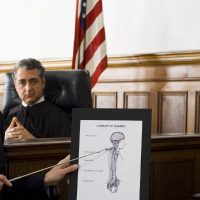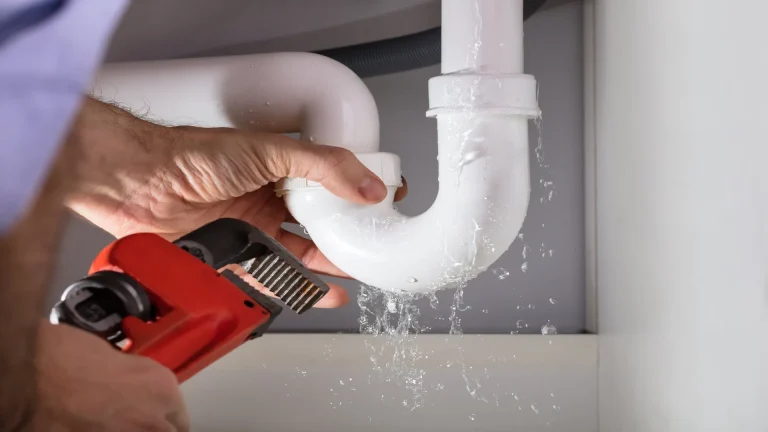If you feel you have been injured, perhaps in a car accident or at your workplace, one of the most important things is to find a good personal injury lawyer to help you. A lawyer can assess your case and help you get any financial compensation you might be entitled to.
Most lawyers offer an initial consultation at no charge. It’s a chance for them to find out as much as possible about your case, and determine whether you actually have a realistic case. You should expect to have to answer questions about exactly what happened; partly for that reason, it’s recommended to make notes of the incident or accident while the details are still fresh in your mind. And it’s also an opportunity for you to ask the lawyer questions about what to expect, the overall procedure and of course, their fees. During that first meeting, try to get a feel for the lawyer’s background and experience, whether they specialize in personal injury cases and whether you would be comfortable working with them for weeks or months.
If your personal injury lawyer agree to take the case, you will need to sign paperwork, including a retainer agreement which basically means you agree to hire that lawyer to represent you. They will ask to see as much information as possible to support your claim; it can often be time consuming getting all this together. This can include photographs, a written statement on what happened, any witness statements and any correspondence between you and the other party or the work site. Your lawyer may also ask for any medical receipts, records or statements relevant to your claim although if you have been injured in an accident, your lawyer can only proceed with your case once you have been cleared by your doctor.
Once your attorney has accepted your case, they will file a personal injury lawsuit on your behalf. The complaint is then physically delivered or ‘served’ to the other party who then look over the information and decide how they want to proceed. Both sides will then take part in what is known as a discovery process, in which as much possible supporting information is collected and studied. The other party has the option of appearing in court to try to settle your claim, or they can liaise with your lawyer to try to resolve the case. If they present you with a reasonable settlement, your lawyer will probably advise you to take it, although it’s ultimately up to you.
Most personal injury cases don’t go to trial and are settled out of court. It’s not uncommon for a trial date to be pushed back repeatedly, which can be frustrating. However, if your case does end up in court, your lawyer will tell you what to expect and of course will represent you in court. It’s important not to expect quick results when involved in a personal injury case; you may be dealing with the process for several months or longer. And you may find that you don’t hear from your lawyer for days or weeks, as there is simply no update or no progress being made. A good lawyer will update you as and when necessary on the progress made with your case and what the status is. The case can potentially be settled at any point during the proceedings descried above.
Of course, you don’t have to use the services of a lawyer. But a good lawyer in all cases can support and advise you through what is to most people a confusing and stressful experience. And your chances of getting the settlement you deserve are higher too.


















